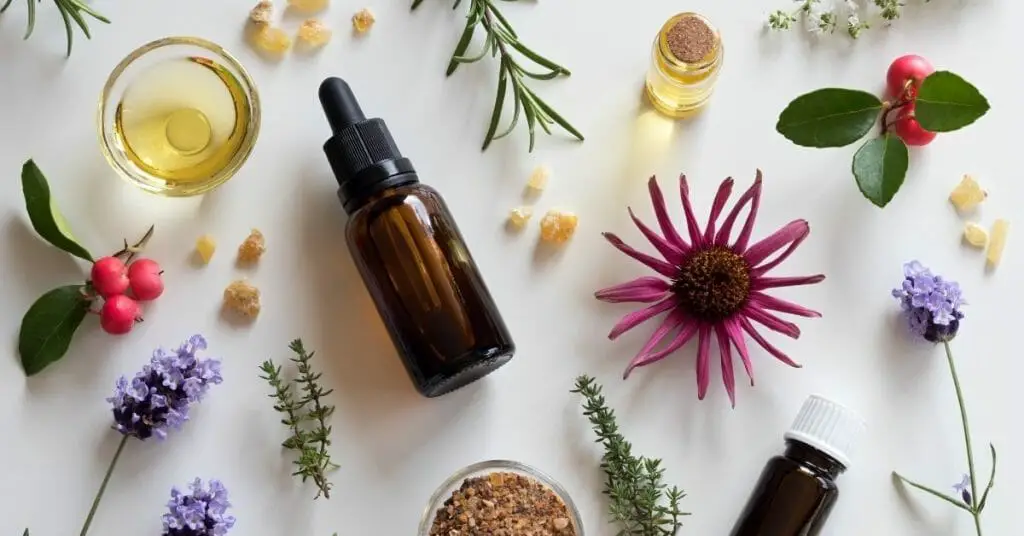Essential oils are magnificent; they’re basically highly concentrated extracts from different plants. That means they smell lovely and have all the health benefits of the plant. In this article, we’ll go over essential oils for sleep, as well as sleep apnea and snoring. These concentrated oils can do a lot of good so keep reading to find out which ones are right for you!
Essential Oils For Sleep
Lavender Essential Oil
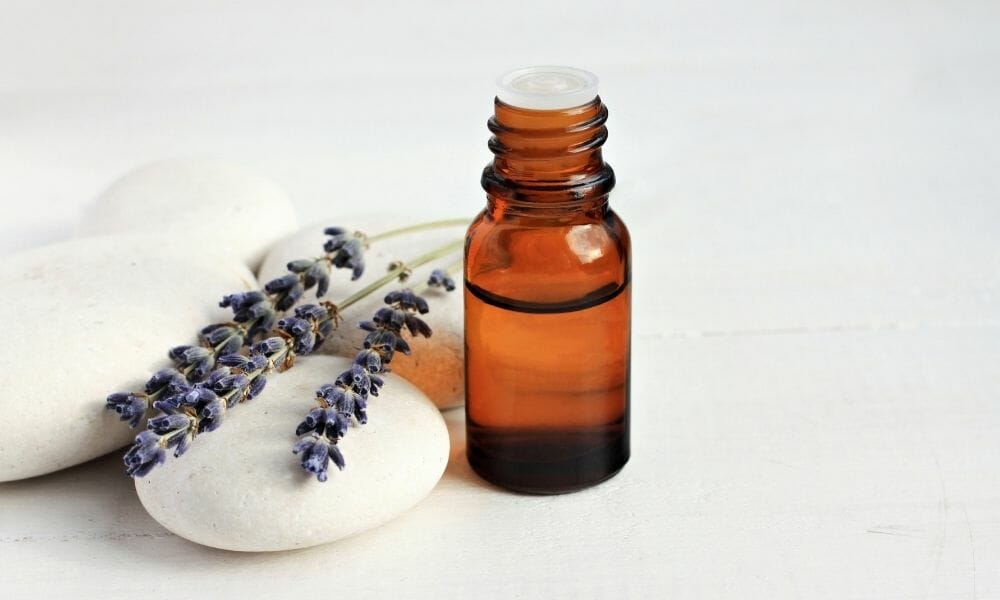
Lavender oil is one of the most common essential oils for sleep. In general, Lavender is known for its calming effects and its efficiency in battling feelings of anxiety. Lavender tea is an excellent example of that. As for the essential oi, try putting a few drops in your diffuser, using a lavender essential oil candle before bed, or even putting a few drops on your pillowcase.
Bergamot Essential Oil

Bergamot is a citrus fruit most commonly found in Earl Grey tea, which has also been found to be effective as an essential oil for sleep. But don’t drink the tea before bedtime; it contains caffeine! (Read: Earl Grey Tea Health Benefits).
Though it’s only been studied as part of a blend, bergamot is a component in several aromatherapy blends that have been found to improve both the quality of sleep and how easily you get to sleep. Try mixing it with lavender and sandalwood in a diffuser or a topical roller bottle.
Cedarwood Essential Oil
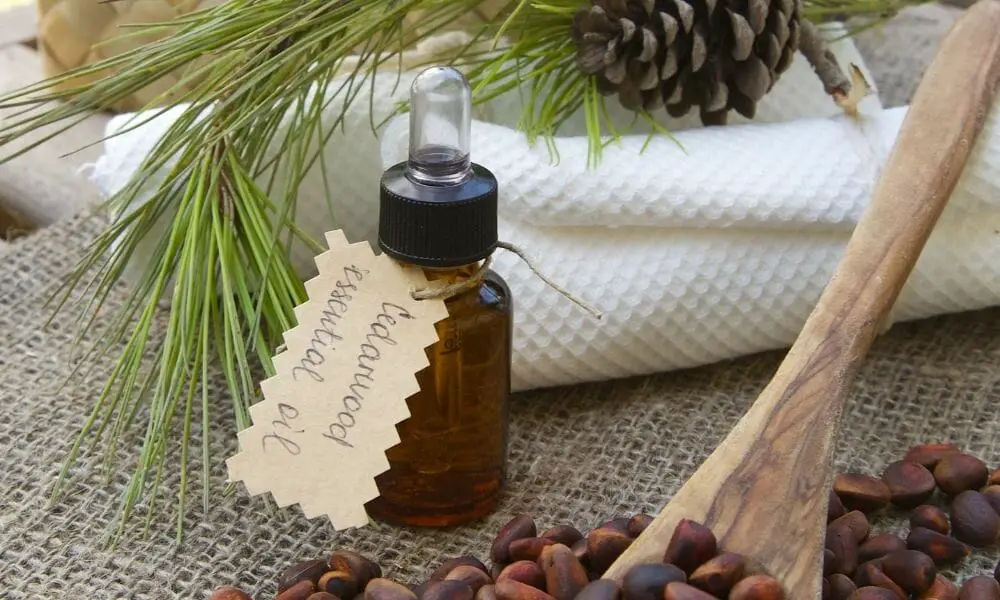
Cedarwood oil has been found to contain a compound called cedrol. In some studies, cedrol was found to produce mild sedative effects, making cedarwood oil a great essential oil for sleep. Try mixing it with lavender, cypress, and pine, then using a few drops on your pillowcase, in your diffuser, or into your nightly body lotion.
Ylang-Ylang Essential Oil
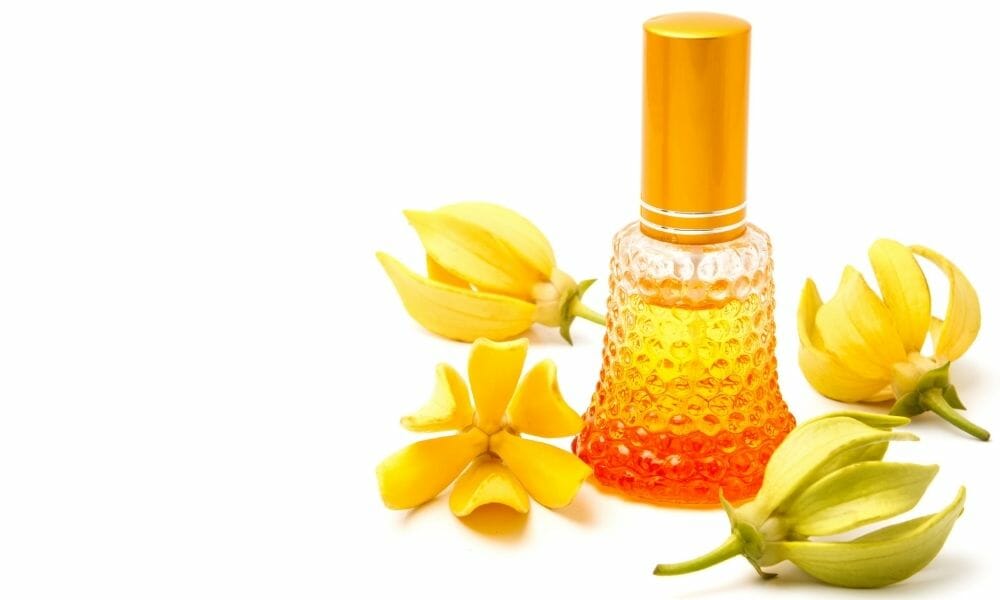
Ylang-ylang oil is a heady, floral oil found mostly in perfumes, which has also been found to be one of the best essential oils for sleep. It has both sedative and anti-anxiety effects, making it ideal for those who suffer from insomnia and other anxiety-related sleep loss. Try adding it to a warm bath before bed, or sprinkle a few drops on your sheets or pillows.
Sandalwood Essential Oil
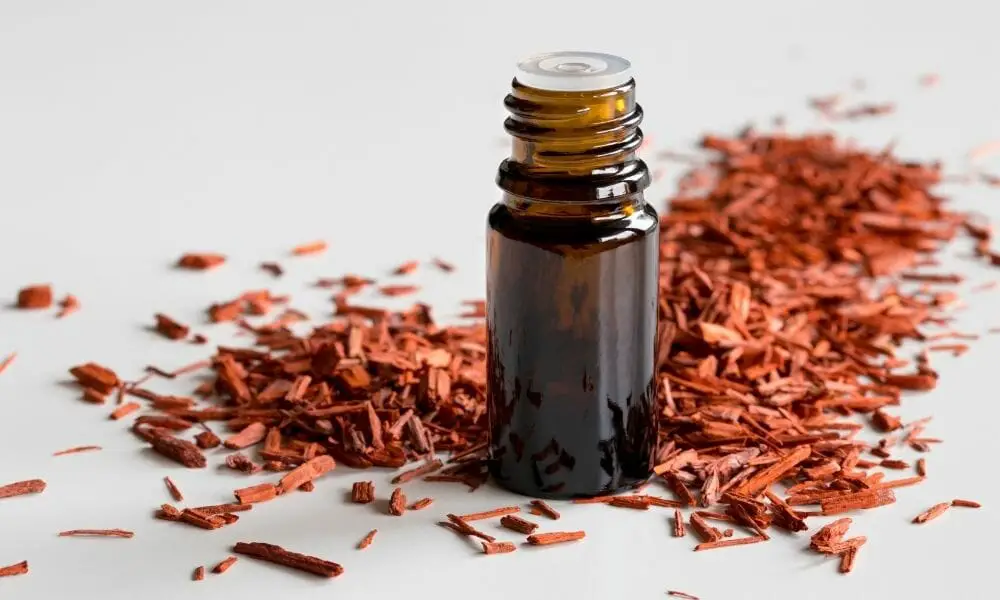
Sandalwood oil is also an excellent candidate for helping with sleep – studies have found that aromatherapy blends that include sandalwood can stimulate melatonin production in the brain. Melatonin is an important brain chemical that regulates your sleeping patterns. It also has sedative effects and works against anxiety. Most of sandalwood’s effects are best felt through aromatherapy, so a diffuser is the best option for this oil.
Essential Oils For Sleep Apnea
Marjoram Essential Oil
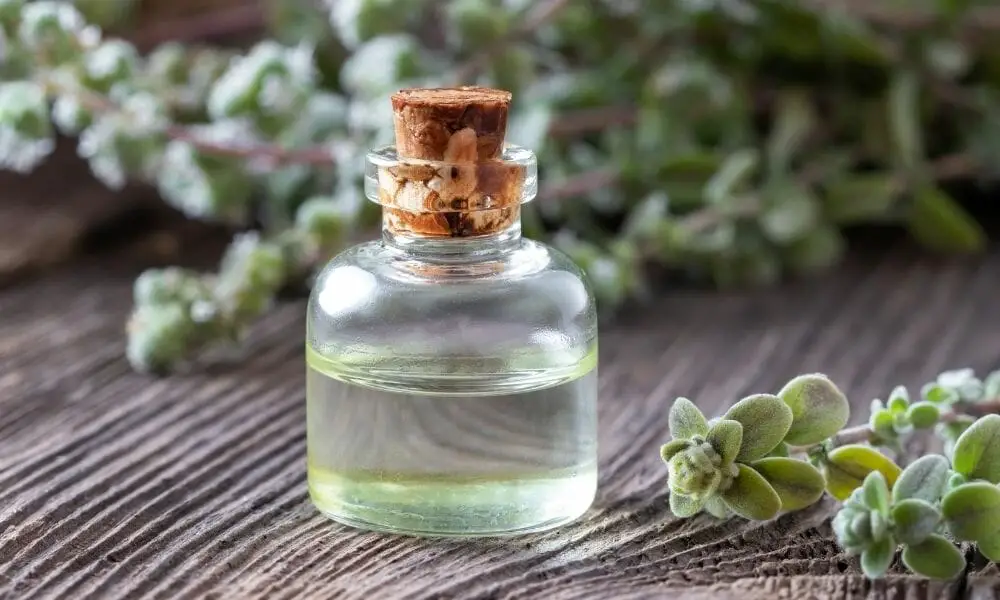
Marjoram essential oil has been found to help with sleep apnea. The oil’s warm effect and sedative properties can induce deeper sleep, which could help with some sleep apnea symptoms. It can also be used to help with other nightly respiratory problems. Try rubbing a few drops of marjoram oil along with a carrier oil into the bottoms of your feet.
Peppermint Essential Oil
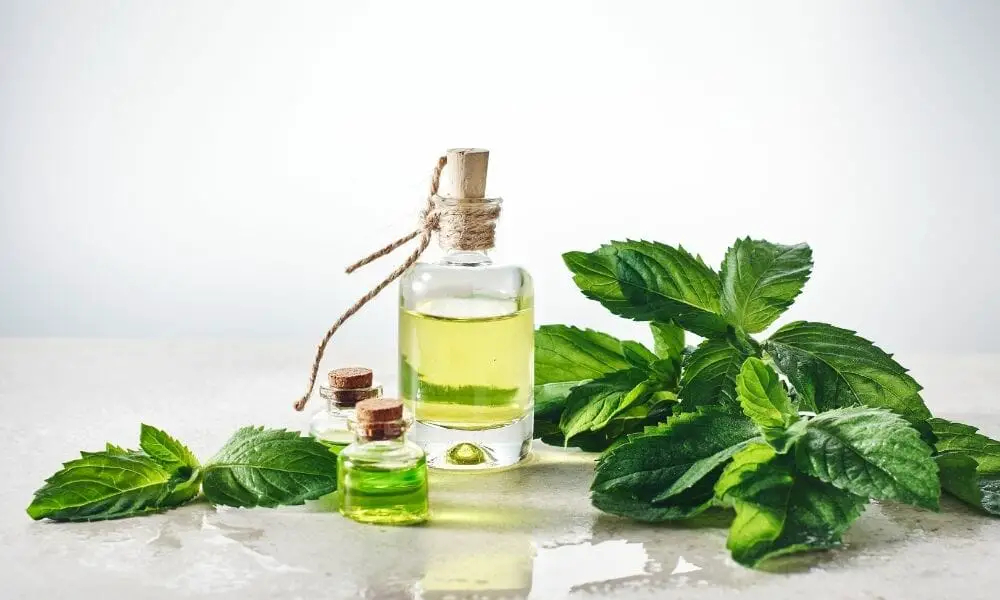
Peppermint oil can help if some form of congestion causes your sleep apnea. It can relieve irritation in the lining of your nasal passages. Try rubbing a few drops under your nostrils, inhaling the vapor from a hot bath, or gargling a glass of water with a few drops in it. Be careful, though, don’t swallow any of the oil.
Eucalyptus Essential Oil

Eucalyptus is one of the best essential oils for sleep apnea. Like peppermint, it can help relieve congestion and thin out mucus in your nose and throat. Eucalyptus oil is most effective when inhaled in steam, so adding a few drops to your hot bath or shower could do the trick.
Explore our collection of carefully chosen oils in The Ultimate Guide To Oils For After Shaving: Achieve a Smooth and Nourished Skin to maintain smooth and moisturized skin after each shave.
Essential Oils For Snoring
Tea Tree Essential Oil
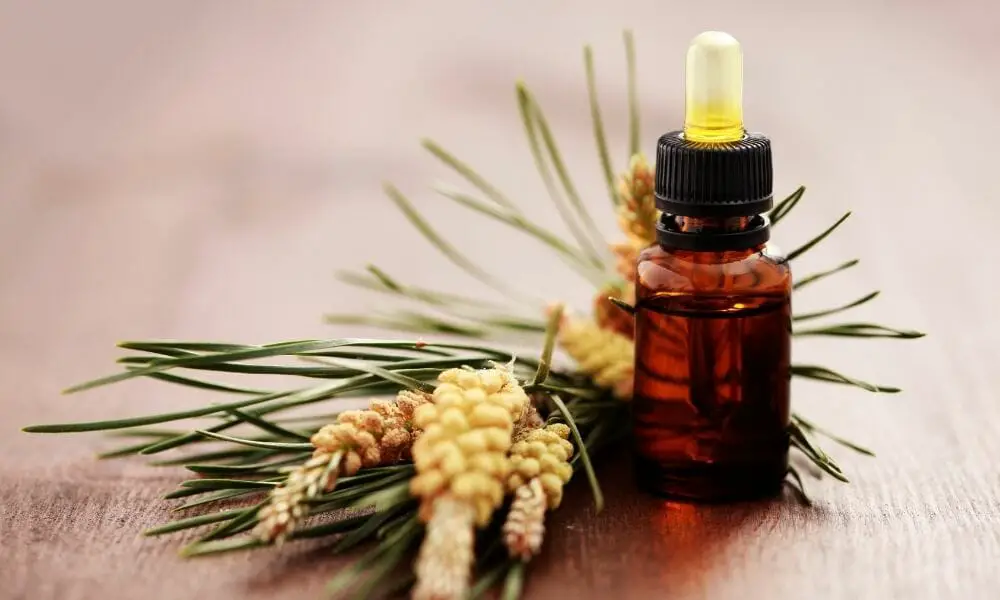
Tea tree oil has been found to combat snoring very effectively – it has anti-inflammatory properties that can help clear nasal passages and ease snoring. Try mixing it with peppermint and eucalyptus oil in a diffuser.
Thyme Essential Oil

Thyme oil has also been found to be effective against snoring, particularly when applied to the bottom of the feet. Though we aren’t sure why as the evidence is mostly anecdotal – many people say that thyme oil has helped with their snoring. Ensure that you dilute thyme oil to a 50:50 ratio with a carrier oil before you put it on your skin.
Roman Chamomile Essential Oil
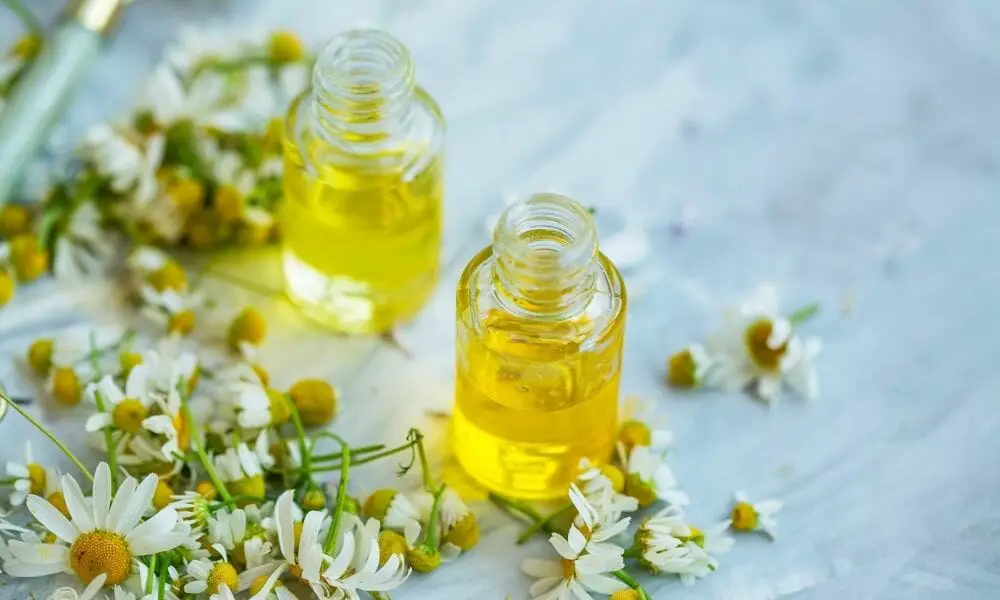
Roman chamomile oil is well known for its effects on relaxation, but research also suggests that it can be effective against snoring. Its results are best when inhaled, so putting it into a diffuser or onto a cotton ball next to your bed can do the trick.
Conclusion
Essential oils can be an easy, natural, effective way to improve your sleep quality and treat sleep-related ailments. Just make sure that you’re diluting them effectively if you’re putting them on your skin or breathing them. And always stop using them if you find that they irritate some part of your body. Sweet dreams!
